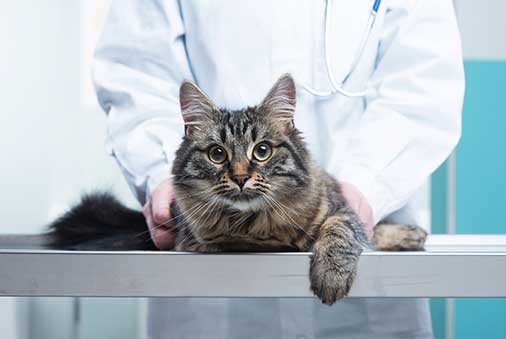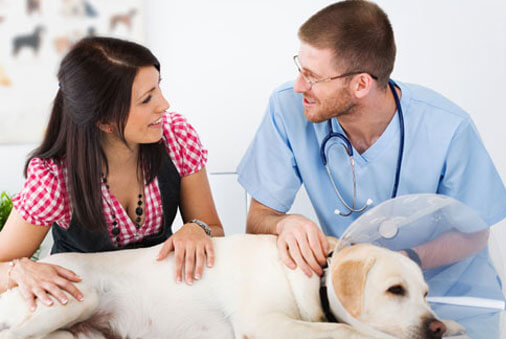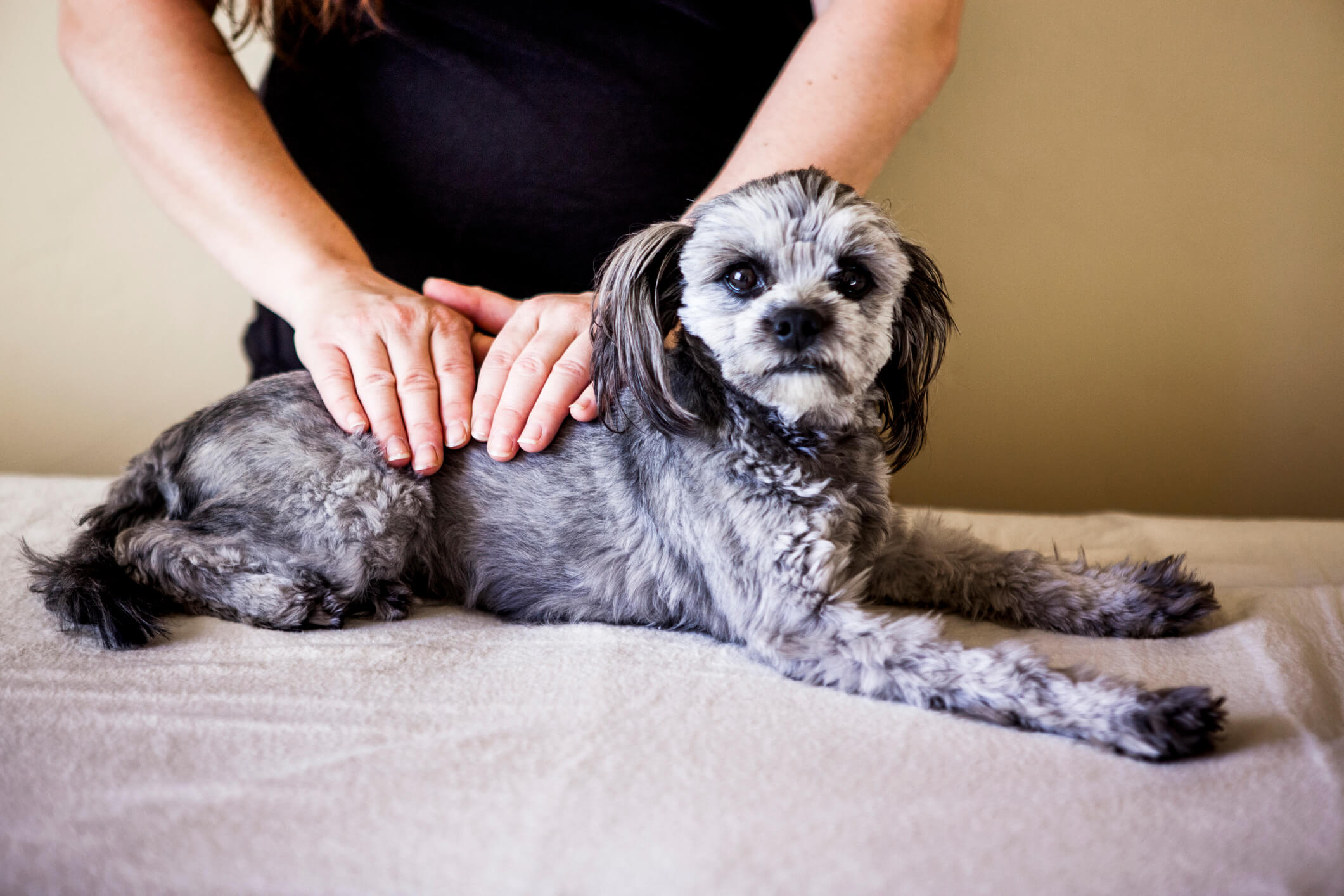Unfortunately, it’s a bit harder for our furry family members to steer clear of germs. They may not catch the same illnesses we do, and they may not be able to give us their own cold, but some viruses actually can travel across species, such as the swine flu and bird flu.
Germ carriers
When you’re sick your dog or cat can be the perfect germ carrier. Cuddling with your furry feline or loyal pooch during a sick day can inadvertently turn your furry family member into a germ transport vehicle.
Just like any other surface in your home, your germs can be spread from your pet to other family members.
Fortunately, our dogs and cats don’t usually share their malaise with us. Here are some illnesses they can contract that don’t affect humans.
Canine Influenza
While contagious in its own right, canine influenza cannot be transmitted to us. Because viruses are constantly mutating, however, there is always a chance humans could become vulnerable.
According to the Centers for Disease Control and Prevention, the H3N8 virus that started in horses, and the H3N2 virus originating in birds, can spread among dogs through airborne pathogens that are common in kennels, dog parks and shelters.
Symptoms of canine influenza are similar to our flu: coughing, sneezing, runny nose, and lethargy. Some dogs can run a fever of 104 to 106 degrees Fahrenheit.
Not all canines show signs of illness, though. If your best pal is in frequent contact with other dogs and you live in an area affected by canine influenza, ask your veterinarian about a vaccination.
Symptoms can vary, and some cases can be fatal, so it’s extremely important to take your dog to the veterinarian as soon as he shows signs of this flu.
Common Colds
Viruses that cause cats and dogs to have colds have no effect on us, just as our colds and flus steer clear of pets.
Canine and feline colds are best treated with rest, wholesome nutrition and fluids. Your cat may retreat to a quiet place in your home when she gets a cold. Similarly, your dog may lay low and, shocker, not even want to go for a walk.
While cold symptoms tend to dissipate on their own, it’s wise to check with your veterinarian to be sure the symptoms aren’t associated with any other conditions, such as distemper or kennel cough. If symptoms don't improve in three days, see the veterinarian to rule out any other viruses or infections.





